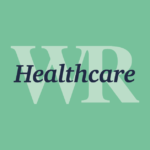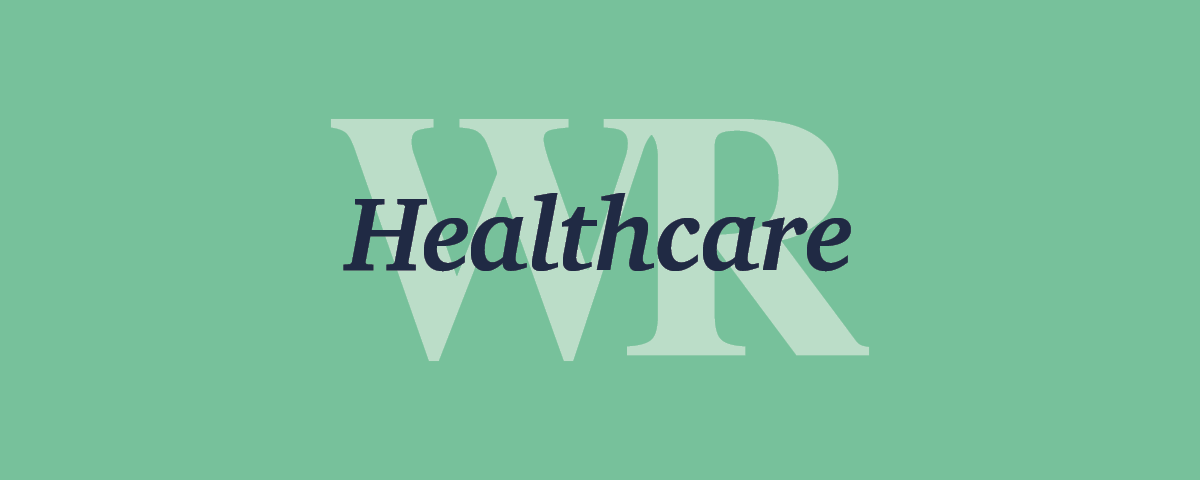
North Carolina Business Recovery Grant- Application Deadline January 31st
January 24, 2022
Free Healthcare Educational Webinars- No Surprises Act and 2022 CMS Physician Fee Schedule
January 28, 2022Healthcare Update: No Surprises Act

Healthcare Update: No Surprises Act
Effective January 1, 2022, the No Surprises Act (NSA) became effective. The NSA establishes new federal protections against surprise medical bills. Insured patients may receive surprise medical bills inadvertently or unknowingly when care is provided from out-of-network hospitals, doctors, or other providers.
Some of the new protections afforded for patients under the NSA are:
- Ban surprise billing for emergency services. Emergency services, even if they are provided out-of-network, must be covered at an in-network rate.
- Ban balance billing and out-of-network cost-sharing (such as out-of-network co-insurance or copayments) for emergency and certain non-emergency pre-scheduled care. Under this scenario, the cost to the patient cannot be higher than if the services were provided by an in-network provider, and any coinsurance or deductible must be based on in-network provider rates.
While these protections are for patients primarily in facility settings such as hospitals, critical access hospitals, or an ambulatory surgical center, physicians that conduct work in such settings will need to provide appropriate notice to patients unless a written agreement between the physician and the facility is in place. Proper disclosure notice will still be needed at the office of the physician.
The NSA regulations also require that certain patients, uninsured or self-pay, be provided with Good Faith Estimates (GFE) of costs of certain procedures. The GFE will need to be comprehensive to include a list of all items and services expected to be delivered by the scheduling provider during the period of care. The list will need appropriate diagnosis and service codes as well as the expected charges/costs associated with each item or service from each provider and facility that will be involved. Such charges or costs must use self-pay rates, reflecting any discount or charity available to the patient. The application of a GFE is broad and generally impacts all providers and facilities that schedule items or services for an uninsured or self-pay individual. The GFE would also pertain to individuals who may be comparison shopping on a certain service or item. There is a strict timeline on when a patient needs to receive a GFE from when a service is scheduled. Finally, if a patient receives a bill of at least $400 more than the GFE there is a formal process on how the individual can dispute the charge.
While the NSA regulates certain surprise medical bills and provides patient transparency through Good Faith Estimates, the implementation of the new federal guidelines creates the need for new patient disclosures and workflows of healthcare organizations.
The Healthcare Services team at WebsterRogers will be conducting a free educational webinar on February 10, 2022 at 12:00 pm to discuss the NSA in greater detail and provide some best practice ideas for healthcare organizations in navigating through the new guidelines presented from the NSA. You can find out more information about the event and how to register here.
We are here to help you understand the NSA process and are happy to discuss your specific situation to help you decide your best path forward. Reach out to our Healthcare Services team at healthcare@websterrogers.com or your WR Partner or your relationship manager.
Sources: https://www.cms.gov/nosurprises


